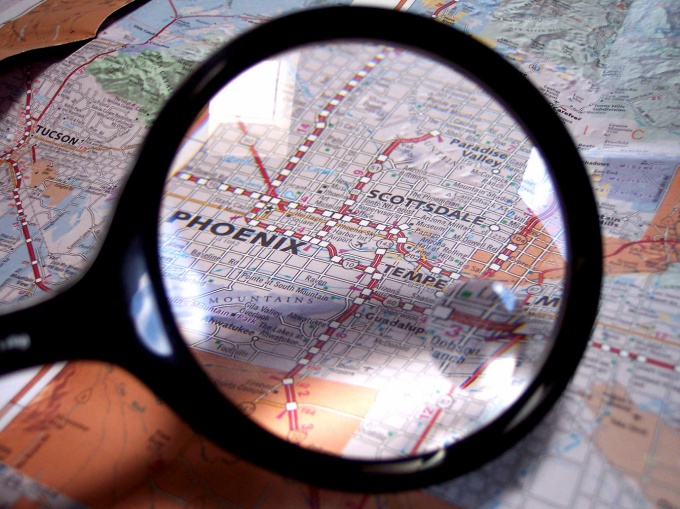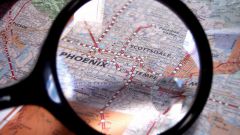You will need
- Tape measure or surveyor's compass
- Line
Instruction
1
If you have a plan, which accurately plotted the various objects and you need to find out the extent to which the plan is made – start with measurements. Select the object that is nearby. Obmerte him on the plan and record the results.
2
Measure the actual object. Use the tape measure. In order to avoid mistakes, make the peg and hook a loop of tape. Hammer a stake into the ground so that the zero mark roulette was at the starting point of the length or width of the object.
3
Define the scale. The only record of its figures. Note the size of the object on the plan, then the one that happened when measuring on site. For example, you have got that barn 5 metres in length on the plan is 2, 5 cm. Move the meters to centimeters. So you have 2, 5 cm containing 500 cm. Calculate how many centimeters of the territory contained in 1 cm on the plan. For this larger number, divide by less. Receive 2.5:500=1:200, i.e. 1 cm in the plan corresponds to 2 metres on site.
4
In order to determine the scale more accurately, take a few measurements. For example, obmerte barn on the site and distance from the gate to the pond. Plans are different, and the size of an object can be applied not accurately. If there are discrepancies, take another measurement. The image of the object that does not match the other two, adjust the plan.
Note
The larger the scale, the smaller the denominator, where it is recorded. 1:100 is more than 1:2 000.
To measure an object easier with a helper. If there is no helper, and the peg by hand was not, firmly push the tape measure against the wall of the object. It is most convenient to measure on the ground – for example, on the bottom of the wall.
To measure an object easier with a helper. If there is no helper, and the peg by hand was not, firmly push the tape measure against the wall of the object. It is most convenient to measure on the ground – for example, on the bottom of the wall.


